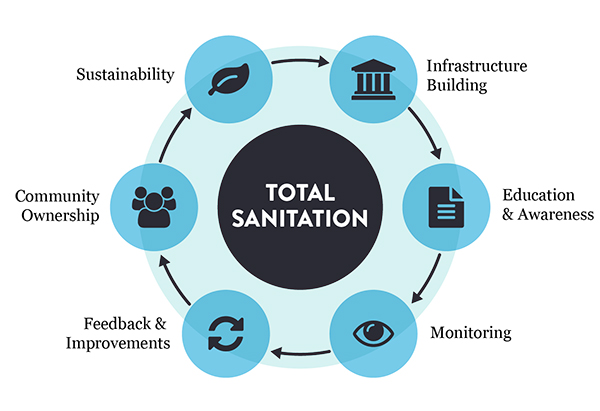Amisha, a 15-year-old girl who lives in the Indian village of Talodara, used to regularly miss classes because she didn’t have access to basic sanitation facilities. It’s why girls and young women like her miss dozens of school days each year, often needing to trek home or elsewhere in order to use them. This adds to the challenges many already face in getting a quality education.
Amisha is one of about 595 million people in India – more than half the country's population – who don't have toilets at home. Globally, says the World Health Organization, she's among the 2.4 billion people without these facilities. Lack of access to toilets increases the risk of disease and malnutrition for people of all ages, from kids to seniors.
To help meet this need and advance India's "Swachh Bharat" drive to improve sanitation and hygiene, Abbott launched a community-led sanitation campaign in two Indian villages near its facility in Jhagadia, Gujarat. But this isn't just about building toilets. It’s also about changing minds and habits – and good health is at the foundation.

Please be aware that the website you have requested is intended for the residents of a particular country or region, as noted on that site. As a result, the site may contain information on pharmaceuticals, medical devices and other products or uses of those products that are not approved in other countries or regions.
The website you have requested also may not be optimized for your specific screen size.
FOLLOW ABBOTT